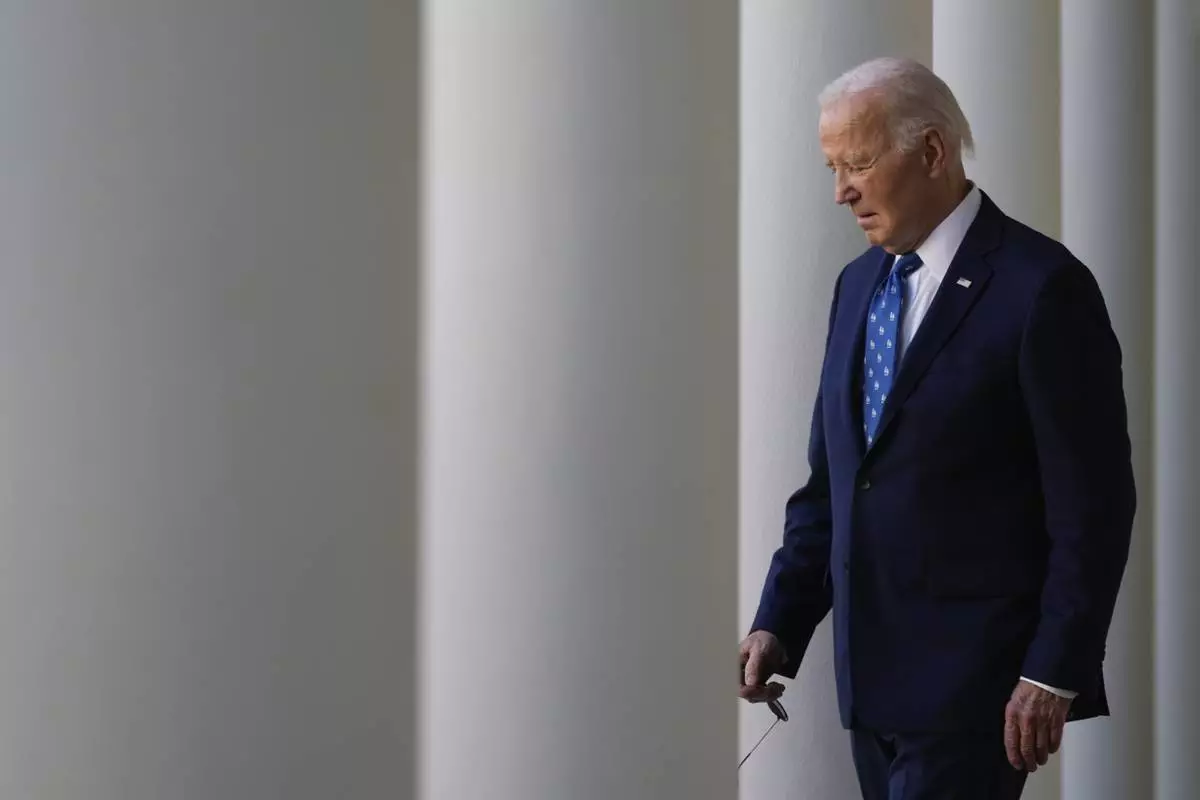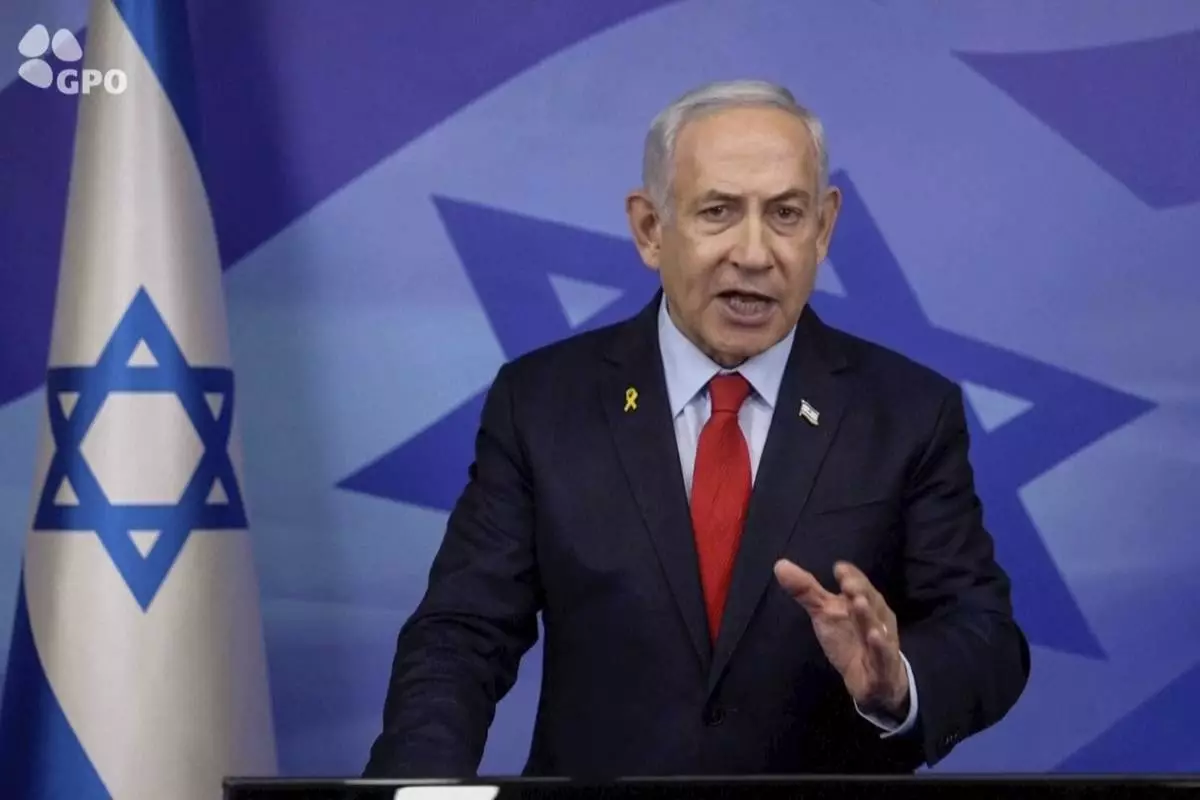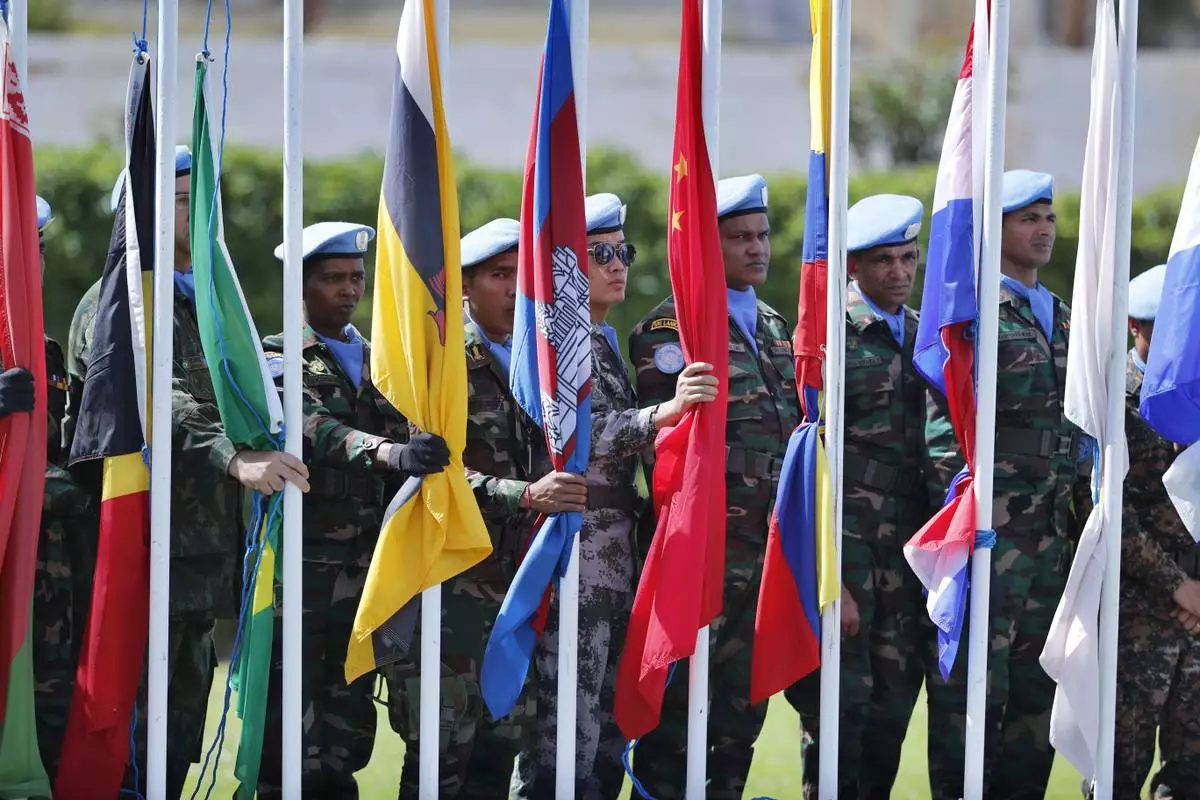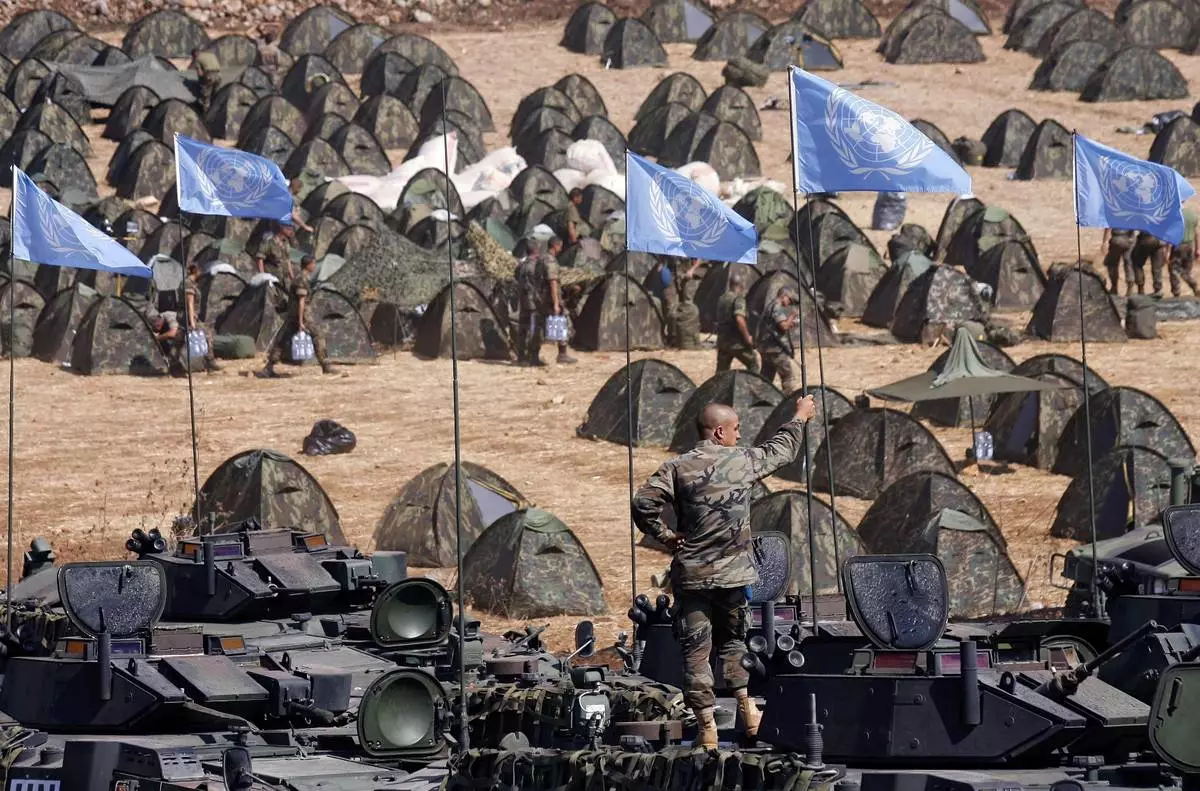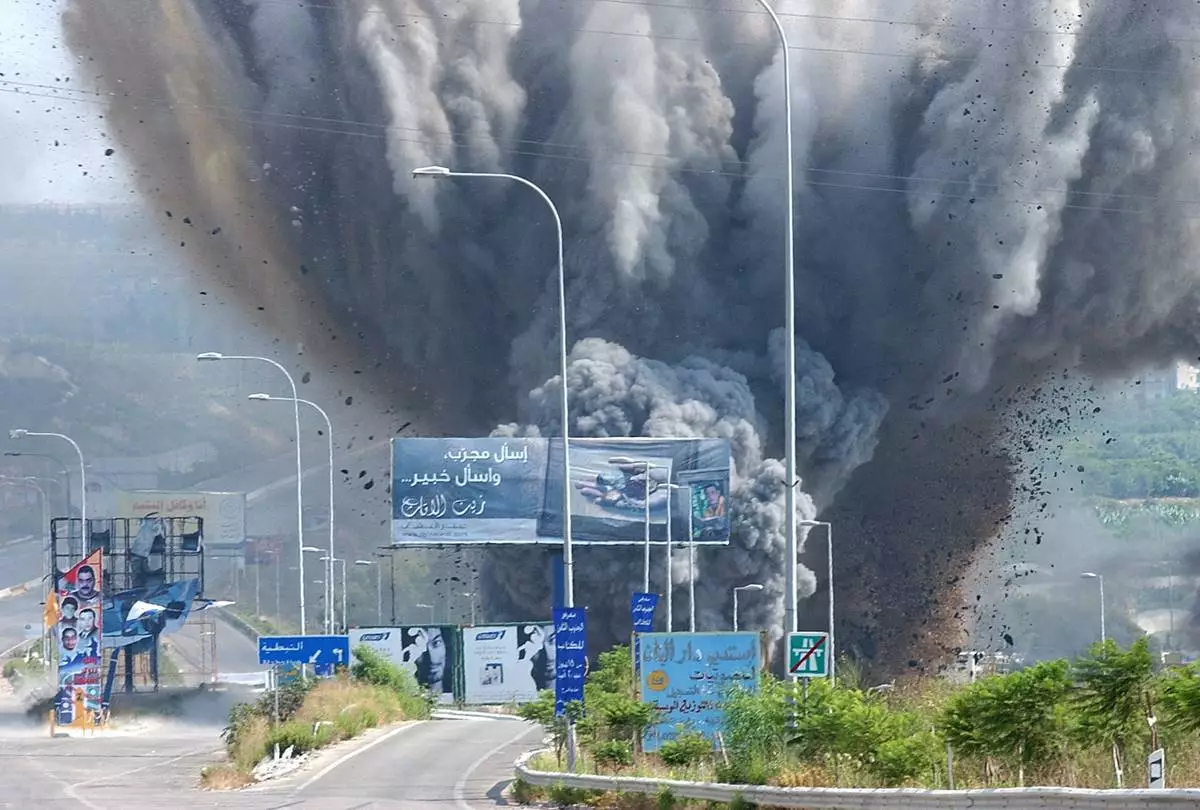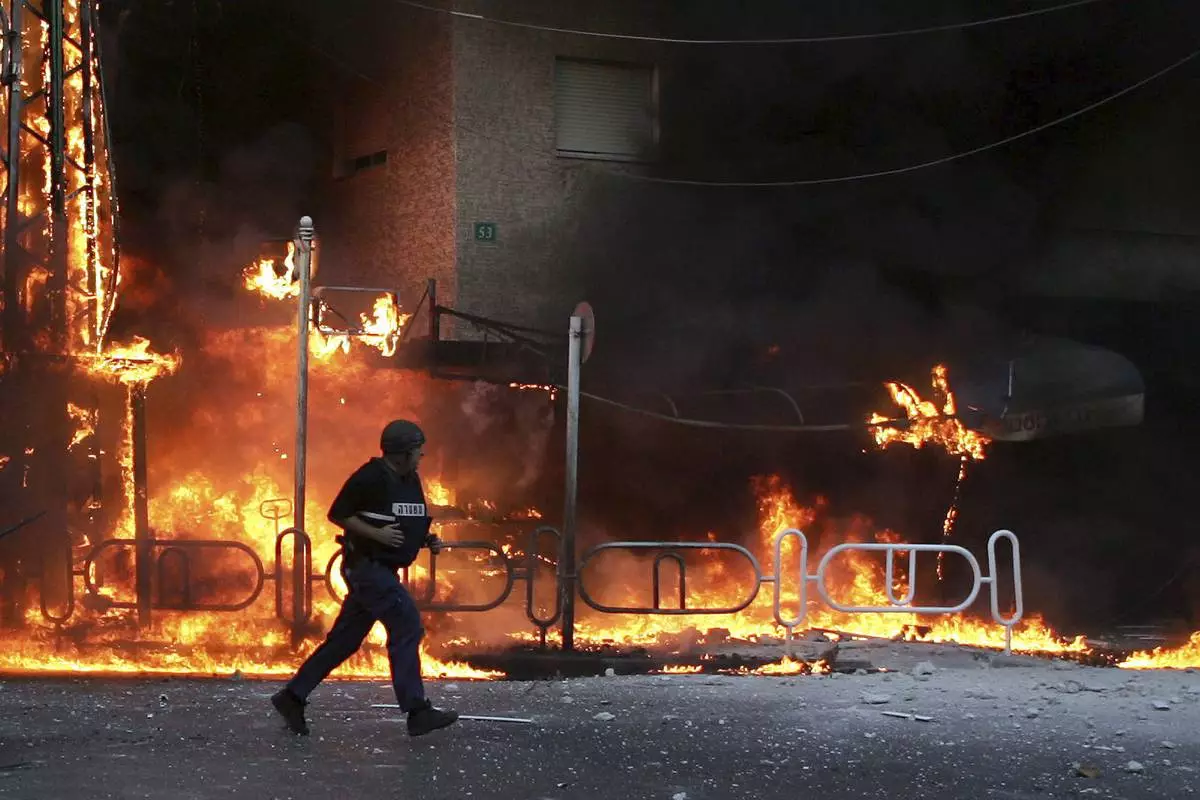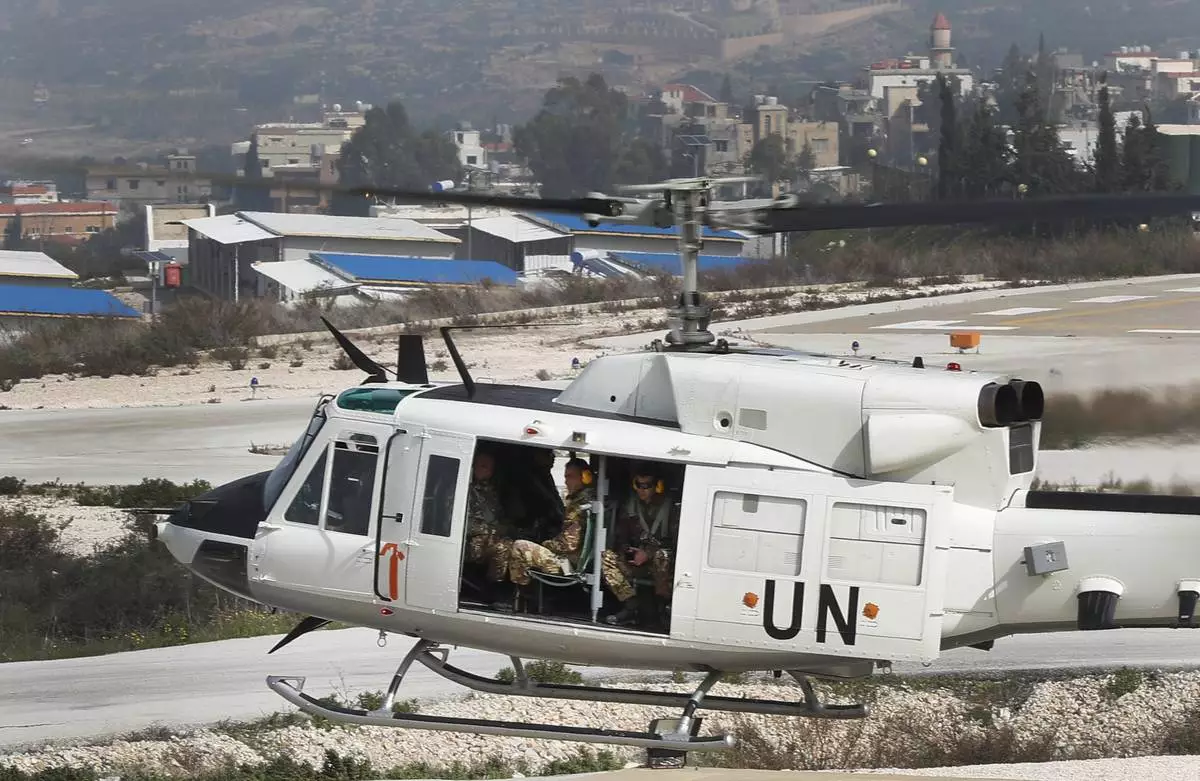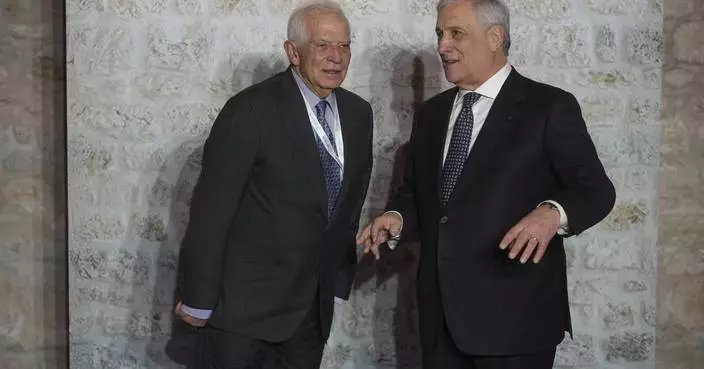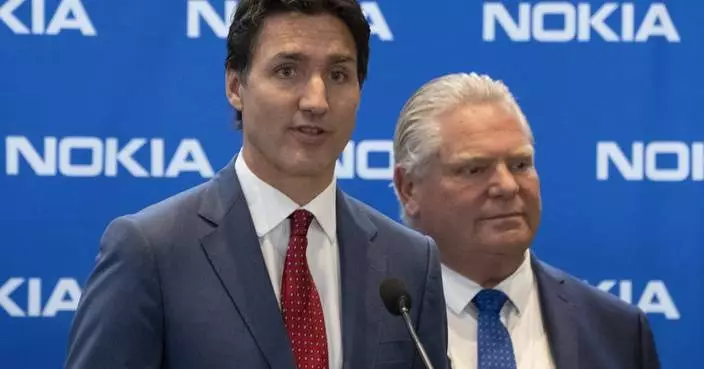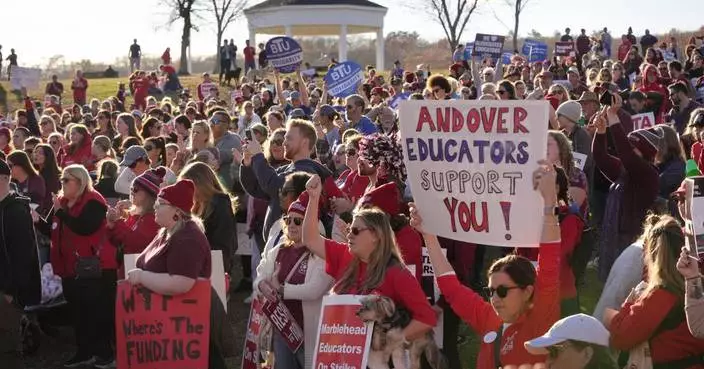NEW YORK (AP) — Walmart's sweeping rollback of its diversity policies is the strongest indication yet of a profound shift taking hold at U.S. companies that are re-evaluating the legal and political risks associated with bold programs to bolster historically underrepresented groups.
The changes announced by the world's biggest retailer on Monday followed a string of legal victories by conservative groups that have filed an onslaught of lawsuits challenging corporate and federal programs aimed at elevating minority and women-owned businesses and employees.
The retreat from such programs crystalized with the election of former President Donald Trump, whose administration is certain to make dismantling diversity, equity and inclusion programs a priority. Trump's incoming deputy chief of policy will be his former adviser Stephen Miller, who leads a group called America First Legal that has aggressively challenged corporate DEI policies.
“There has been a lot of reassessment of risk looking at programs that could be deemed to constitute reverse discrimination,” said Allan Schweyer, principal researcher at the Human Capital Center at the Conference Board.
“This is another domino to fall and it is a rather large domino,” he added.
Among other changes, Walmart said it will no longer give priority treatment to suppliers owned by women or minorities. The company also will not renew a five-year commitment for a racial equity center set up in 2020 after the police killing of George Floyd. And it pulled out of a prominent gay rights index.
Schweyer said the biggest trigger for companies making such changes is simply a reassessment of their legal risk exposure, which began after U.S. Supreme Court’s ruling in June 2023 that ended affirmative action in college admissions. Since then, conservative groups using similar arguments have secured court victories against various diversity programs, especially those that steer contracts to minority or women-owned businesses.
Most recently, the conservative Wisconsin Institute for Law & Liberty won a victory in a case against the U.S. Department of Transportation over its use of a program that gives priority to minority-owned businesses when it awards contracts.
Companies are seeing a big legal risk in continuing with DEI efforts, said Dan Lennington, a deputy counsel at the institute. His organization says it has identified more than 60 programs in the federal government that it considers discriminatory, he said.
“We have a legal landscape within the entire federal government, all three branches -- the U.S. Supreme Court, the Congress and the President -- are all now firmly pointed in the direction towards equality of individuals and individualized treatment of all Americans, instead of diversity, equity and inclusion treating people as members of racial groups,” Lennington said.
The Trump administration is also likely to take direct aim at DEI initiatives through executive orders and other policies that affect private companies, especially federal contractors.
“The impact of the election on DEI policies is huge. It can’t be overstated,” said Jason Schwartz, co-chair of the Labor & Employment Practice Group at law firm Gibson Dunn.
With Miller returning to the White House, rolling back DEI initiatives is likely to be a priority, Schwartz said.
“Companies are trying to strike the right balance to make clear they’ve got an inclusive workplace where everyone is welcome, and they want to get the best talent, while at the same time trying not to alienate various parts of their employees and customer base who might feel one way or the other. It’s a virtually impossible dilemma,” Schwartz said.
Marc Morial, CEO of the National Urban League, a civil rights group that has worked with Walmart on diversity and inclusion efforts in the past, called the company's pullback from DEI “stunning" and “unexpected.”
“This is inconsistent with the Walmart I know,” said Morial, who argued that DEI policies are how organizations ensure compliance with federal anti-discrimination laws like the Civil Rights Act of 1964 and any suggestion of favoritism or preferential treatment “is really defamatory against what DEI represents.”
He said that Walmart would see “a strong message” to the decision but that civil rights leaders “are first very interested in dialogue” with Walmart executives.
A recent survey by Pew Research Center showed that workers are divided on the merits of DEI policies. While still broadly popular, the share of workers who said focusing on workplace diversity was mostly a good thing fell to 52% in the October survey, compared to 56% in a similar survey in February 2023. Rachel Minkin, a research associate at Pew, called it a small but significant shift in short amount of time.
There will be more companies pulling back from their DEI policies, but it likely won’t be a retreat across the board, said David Glasgow, executive director of the Meltzer Center for Diversity, Inclusion and Belonging at New York University.
“There are vastly more companies that are sticking with DEI," Glasgow said. "The only reason you don’t hear about it is most of them are doing it by stealth. They’re putting their heads down and doing DEI work and hoping not to attract attention.”
Glasgow advises organizations to stick to their own core values, because attitudes toward the topic can change quickly in the span of four years.
“It’s going to leave them looking a little bit weak if there’s a kind of flip-flopping, depending on whichever direction the political winds are blowing,” he said.
One reason DEI programs exist is because without those programs, companies may be vulnerable to lawsuits for traditional discrimination. “Really think carefully about the risks in all directions on this topic,” Glasgow said.
Walmart confirmed will no longer consider race and gender as a litmus test to improve diversity when it offers supplier contracts. Walmart says its U.S. businesses sourced more than $13 billion in goods and services from diverse suppliers in fiscal year 2024, including businesses owned by minorities, women and veterans.
It was unclear how its relationships with such business would change going forward. Organizations that have partnered with Walmart on its diversity initiatives offered a cautious response.
The Women’s Business Enterprise National Council, a non-profit that last year named Walmart one of America's top corporation for women-owned enterprises, said it was still evaluating the impact of Walmart's announcement.
Pamela Prince-Eason, the president and CEO of the organization, said she hoped Walmart's need to cater to its diverse customer base will continue to drive contracts to women-owned suppliers even if the company has no explicit dollar goals.
“I suspect Walmart will continue to have one of the most inclusive supply chains in the World,” Prince-Eason wrote. “Any retailer's ability to serve the communities they operate in will continue to value understanding their customers, (many of which are women), in order to better provide products and services desired and no one understands customers better than Walmart."
Walmart's announcement came after the company spoke directly with conservative political commentator and activist Robby Starbuck, who has been going after corporate DEI policies, calling out individual companies on the social media platform X. Several of those companies have subsequently announced that they are pulling back their initiatives, including Ford, Harley-Davidson, Lowe’s and Tractor Supply.
Walmart confirmed to The Associated Press that it will better monitor its third-party marketplace items to make sure they don’t feature sexual and transgender products aimed at minors. The company also will stop participating in the Human Rights Campaign’s annual benchmark index that measures workplace inclusion for LGBTQ+ employees.
A Walmart spokesperson added that some of the changes were already in progress and not as a result of conversations that it had with Starbuck.
RaShawn “Shawnie” Hawkins, senior director of the HRC Foundation’s Workplace Equality Program, said companies that “abandon” their commitments workplace inclusion policies “are shirking their responsibility to their employees, consumers, and shareholders.” She said the buying power of LGBTQ customers is powerful and noted that the index will have record participation of more than 1,400 companies in 2025.

FILE - A Walmart logo is displayed outside of a Walmart store, in Walpole, Mass., Sept. 3, 2019. (AP Photo/Steven Senne, File)

FILE - People walk by the Walmart booth during the CES tech show on Jan. 9, 2024, in Las Vegas. (AP Photo/John Locher, File)



